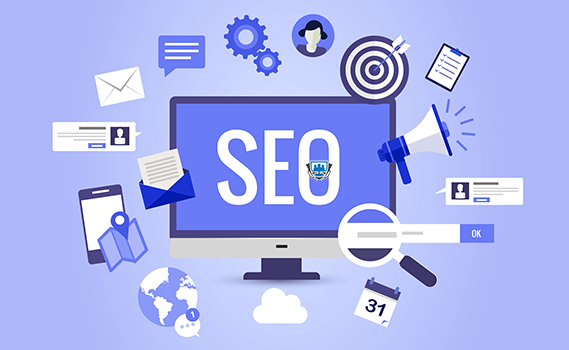These days every company knows the acronym “SEO”, but for most, the real story behind improving it remains a mystery. While there’s no real shortcut to high rankings on web searches, there are a few quick fixes to get (and keep) your site’s content optimized so you can be sure you’re not shooting yourself in the foot and you write content and post articles.
1. HTML tags for every web page and post
The most important HTML tags include the title tag (also known as a slug), meta description, and meta keywords. Make sure each page and post on your website has appropriate and complimentary HTML tags, so the browser is confident that your page contains the content you say it does. Each tag of each page should be unique and relevant to that particular page.
2. Alternative text images
Alternative tags are basically text-only descriptions for images. Most (all is better) of the images on your website should have alternative text tags. By adding relevant alternative tags to images, you are allowing search engines to recognize them and better understand what you’re representing in your content. This improves the likelihood of your page showing up in search results.
3. File hierarchy
How simple is your HTML file hierarchy? Check to see if your website’s pages are logically situated and avoid too many unnecessary folders. For example: ‘NFL=>Teams=>SeattleSeahawks’ is a better folder structure than ‘NFL=>Teams=>NFCEast=> SeattleSeahawks’, because here ‘NFCEast’ is redundant and only serves to push the Seahawks page deeper down the order. This complexity makes your site less likely to show up on search results for people searching for Seahawks websites.
4. Sitemap
A sitemap acts as a navigational guide for your visitors as well as search engines. Does your website have one? If not, then it’s time to put up a site map on your website which is something that almost any web developer can do.
5. Content quality
Read through your website content and consider these questions:
Is your content written for search engines or actual visitors?
It may seem like common sense to write for search engines, but actually browsers are becoming more user-centric (just like all good technologies and companies should). They are constantly assessing content to put the most relevant and reader-friendly at the top.
Is it stuffed with keywords?
Keywords are great, but if it starts feeling heavy based on considerations in the point above, focus on the title and the first sentence of the first paragraph as the most important. Sprinkle them throughout if they make sense and don’t overburden your writing. Remember that like you, your readers can pick up on divisive language.
Does it truly add value to your audience, or is it simply there to fill up the page?
Just as in the first question above, browsers’ sophistication in recognizing real value is advancing at a fast rate. It can be tempting to throw a few keyword-heavy articles out there in hopes that browsers will see the flags you’re raising, but honestly, too many content developers have already tried this tactic. Browsers are now hip to the trend, and they’ve adjusted accordingly.
Answer these questions and make sure the bottom line always equals value for your audience. More value for your audience translates to better search engine rankings.
Better Use of Technology Means Better Business
We know we aren’t your web developers, but we do know that technology is the key to staying ahead in today’s world. We want to do everything we can to help you use what you have to succeed. If there’s anything else we can do, just let us know.

